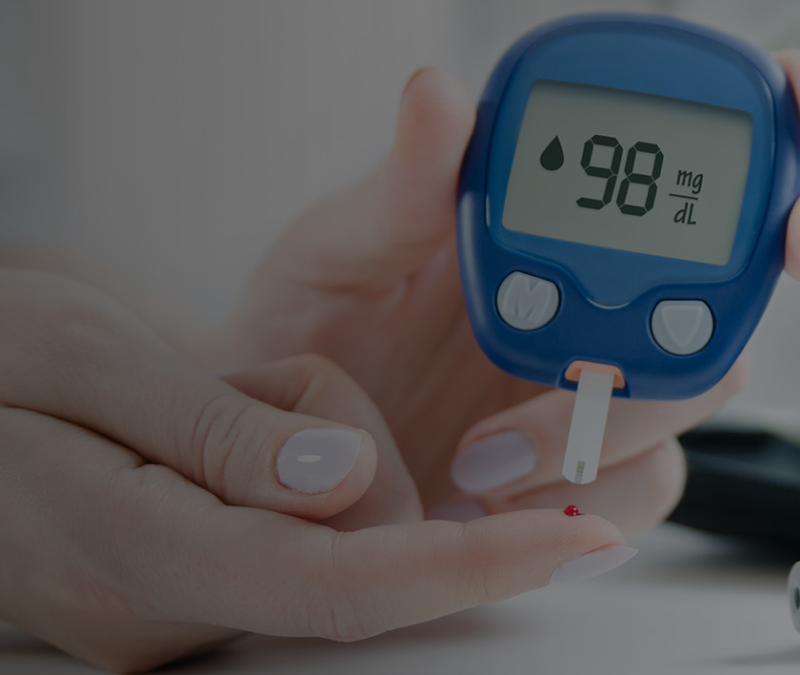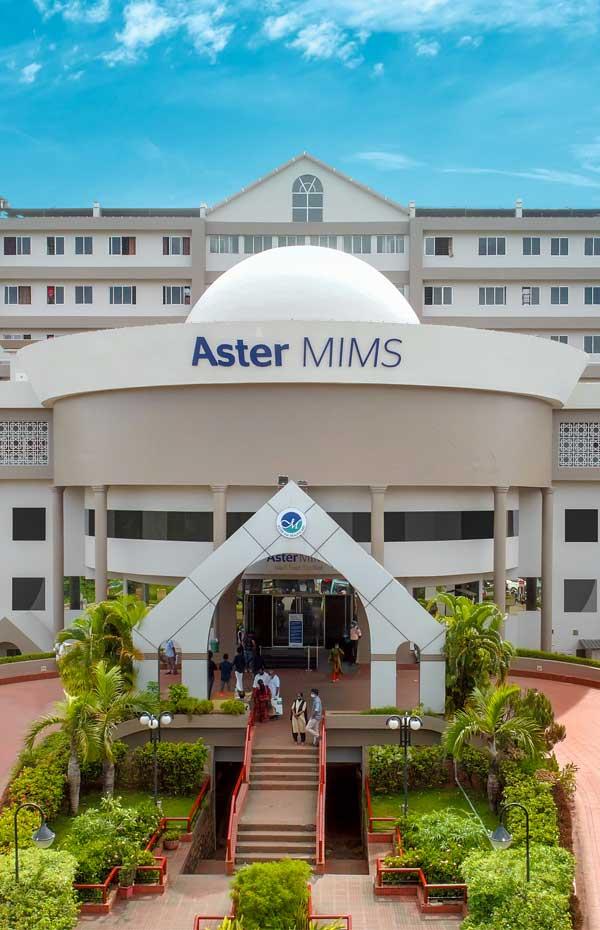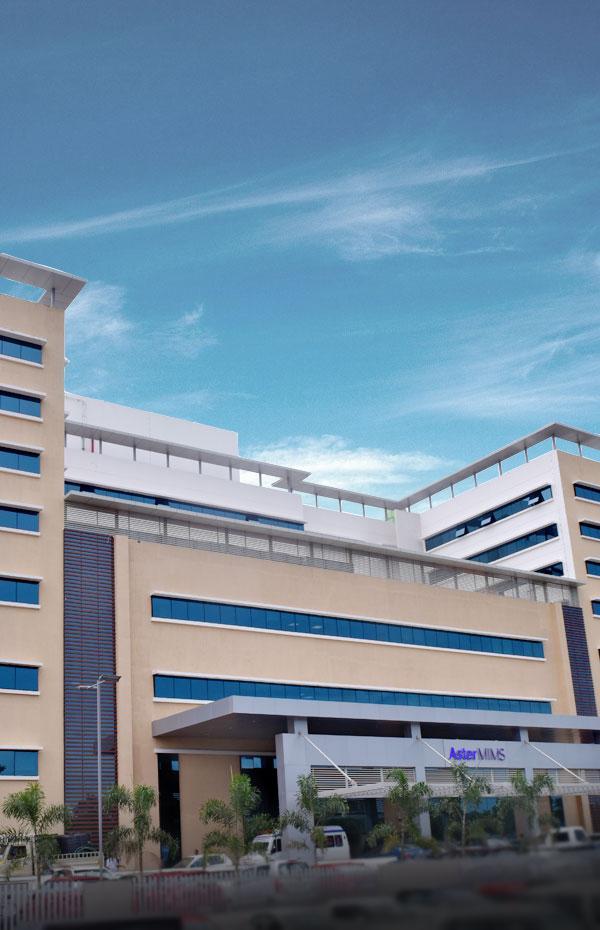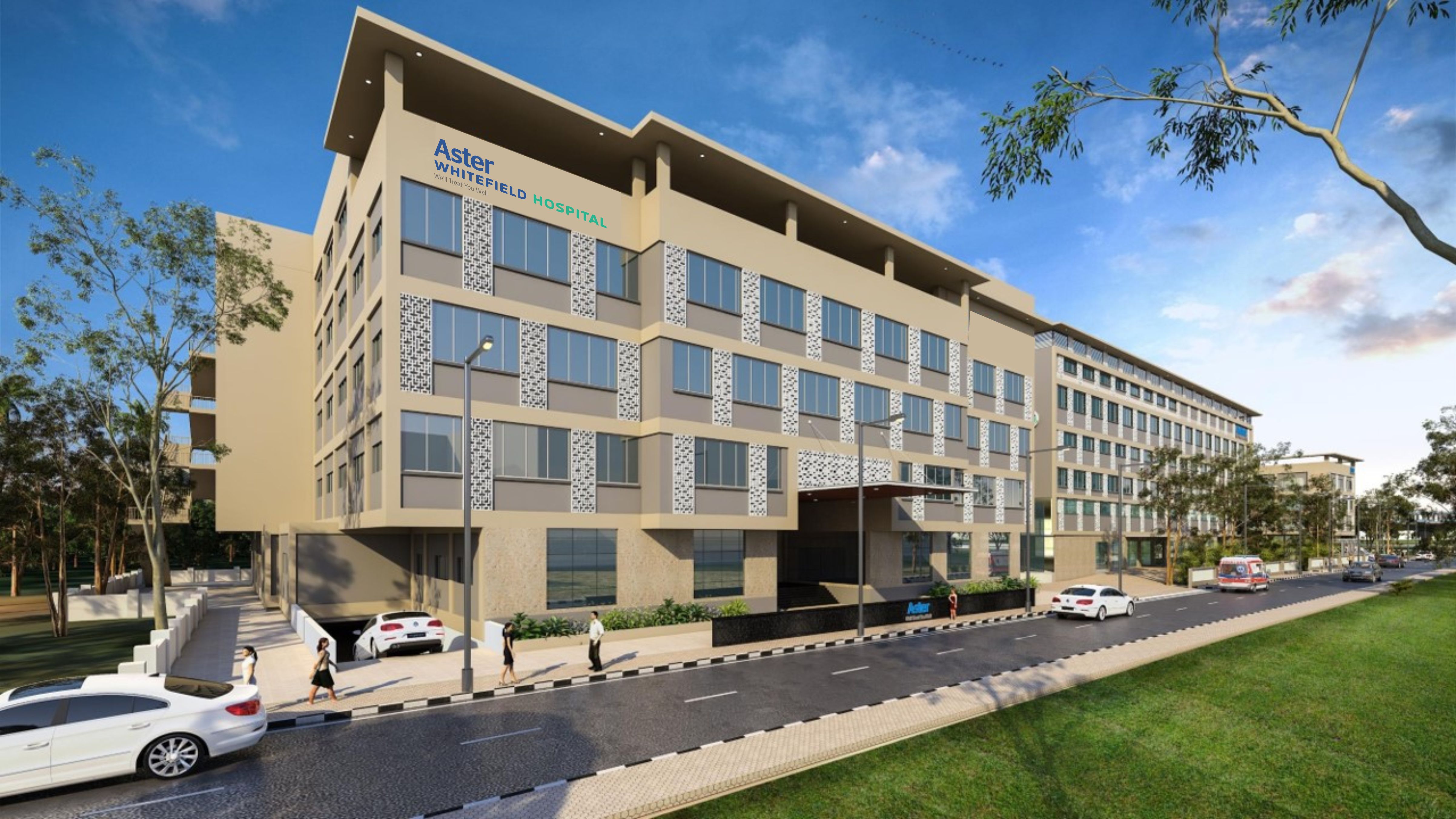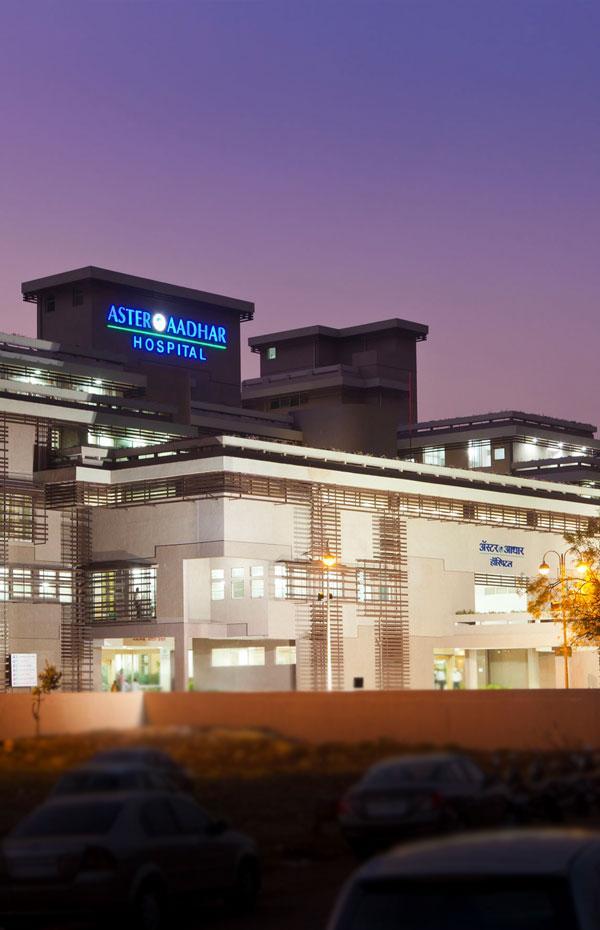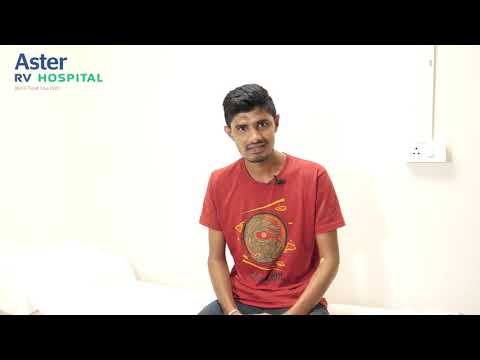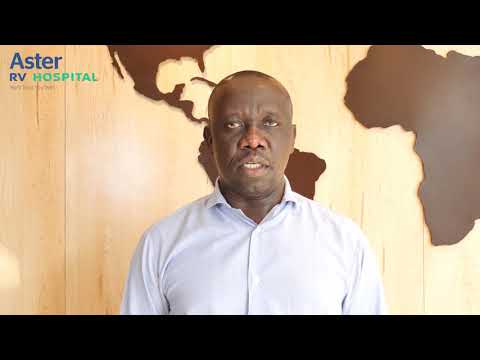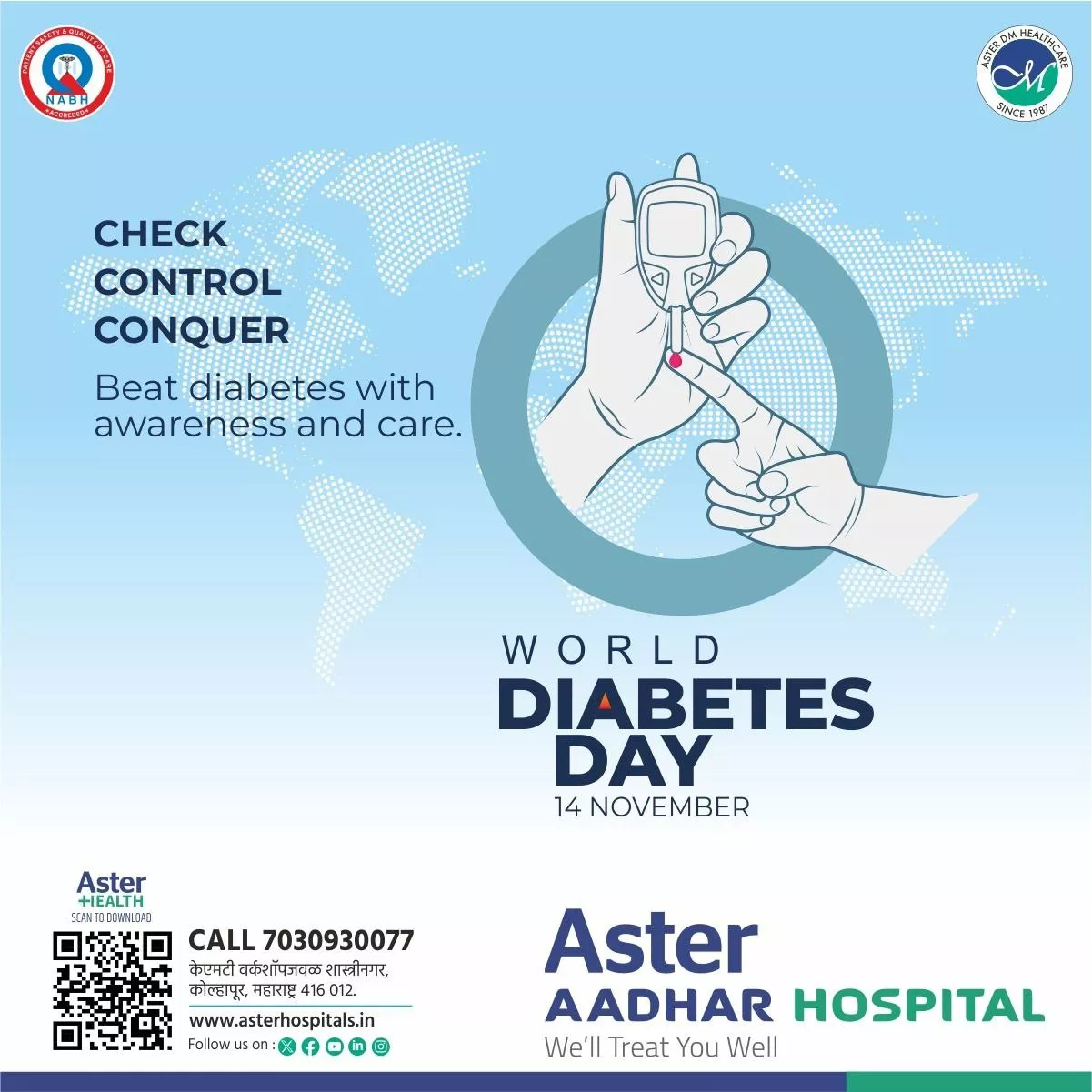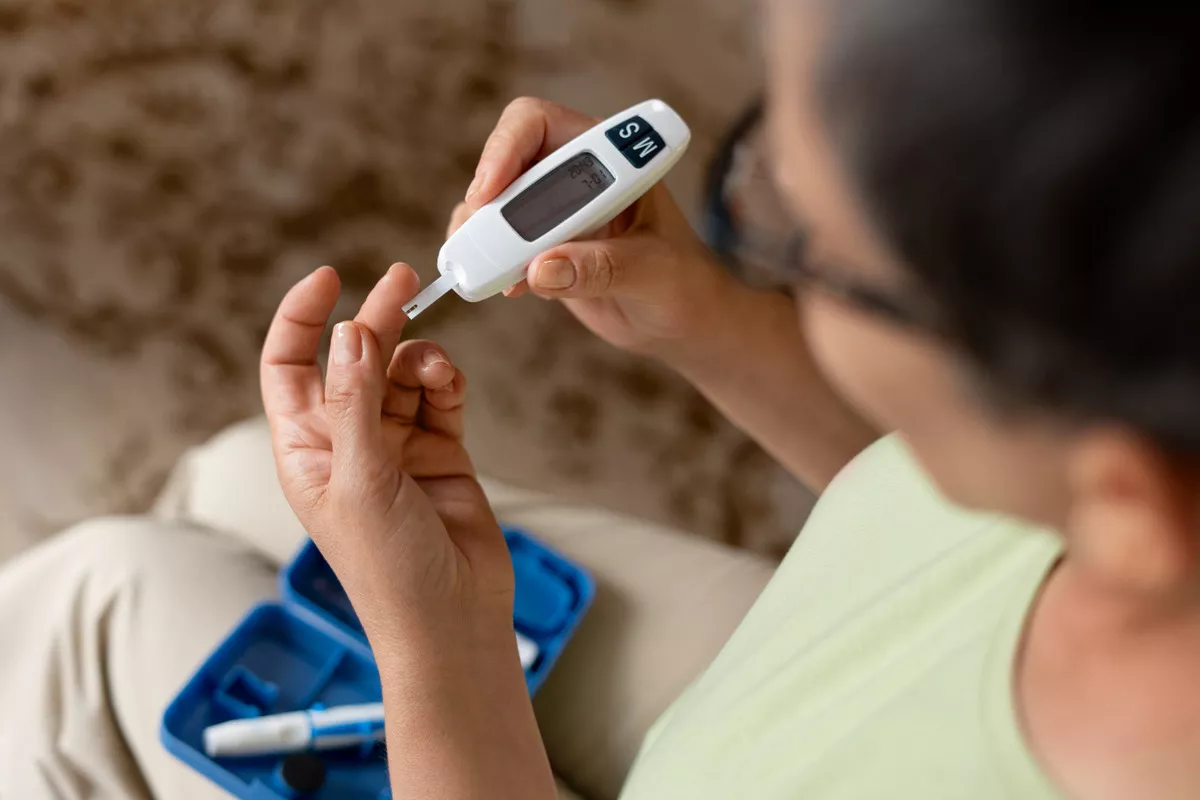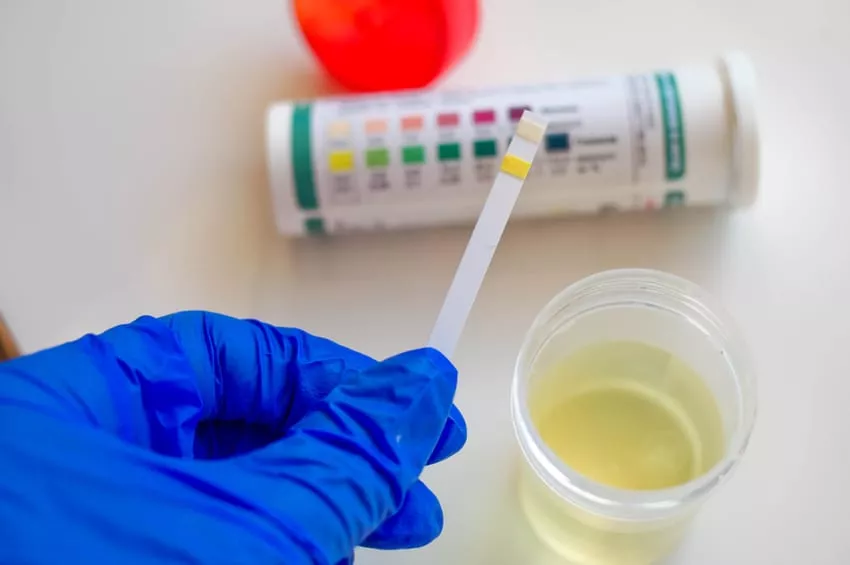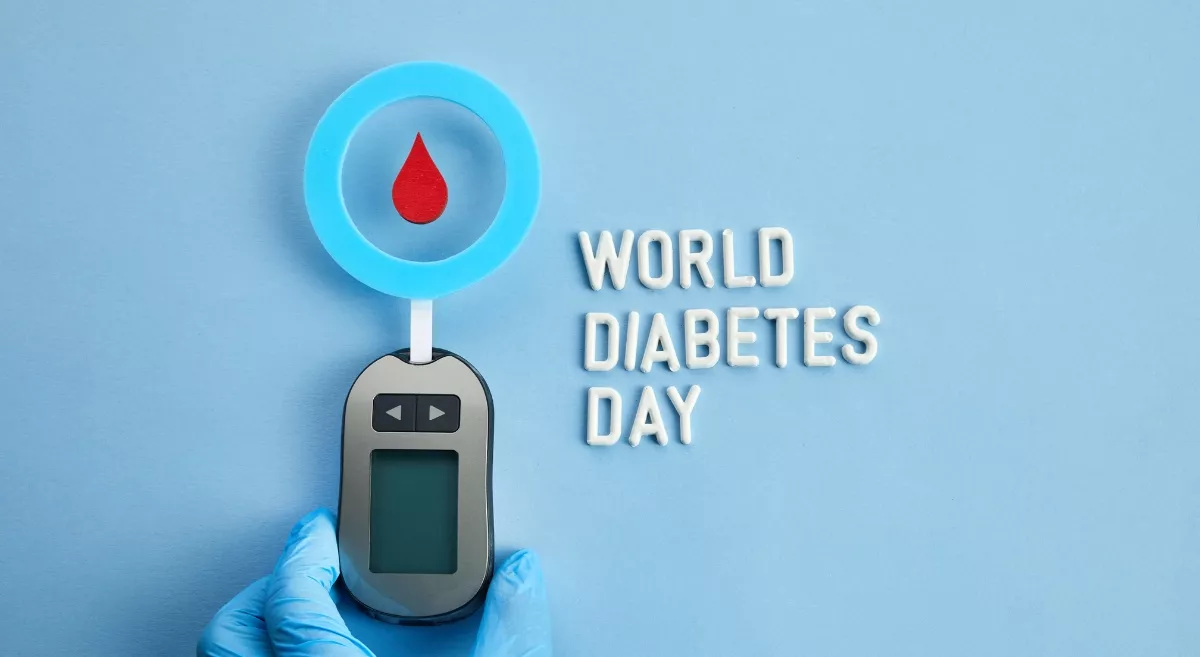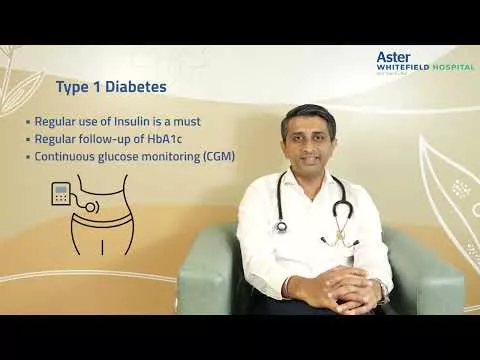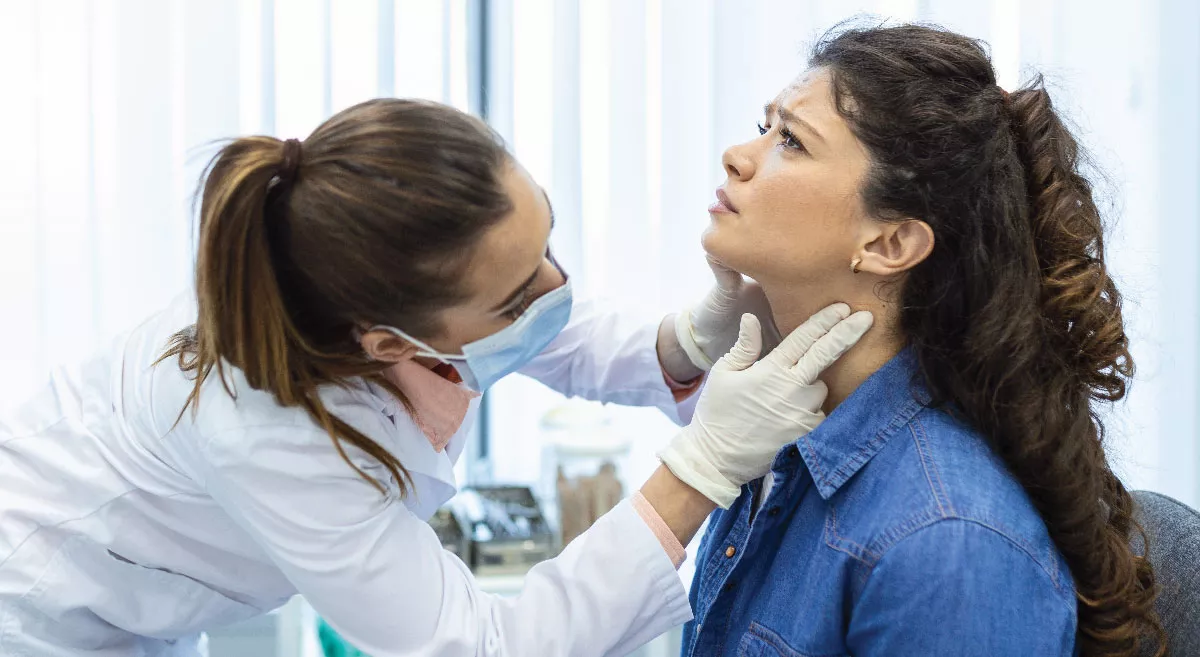Proper hormone regulation is essential for a balanced life.' Our department consists of a highly efficient team of experienced endocrinologists, endocrine surgeons, diabetologists and other allied physicians who offer evidence-based treatment for all kinds of hormonal conditions. It is supported by a well-equipped laboratory that offers a wide range of hormonal assays and other biochemical investigations.
Our Doctors
We have some of the best specialists from around the world, they bring years of experience and offer evidence-based treatment to ensure the best care for you.
Advanced Technology & Facilities
Well equipped with the latest medical equipment, modern technology & infrastructure, Aster Hospital is one of the best hospitals in India.
- Hormonal assays
- Ultrasound
- ACTH stimulation test
- Thyroid scan
Aster Hospital stands out as one of India's top-notch medical facilities, boasting cutting-edge medical equipment, state-of-the-art technology, and advanced infrastructure.
Investigations for Endocrinology & Diabetology
- Hormonal assays
- Ultrasound
- ACTH stimulation test
- Thyroid scan
- All hormonal stimulation & inhibitory dynamic tests
- Diabetic Retinal screening and management
- Diabetic foot tests
- CT/MRI tests
- Dexa scan
Patient Stories
Our patients are our best advocates, hear the inspiring stories of their treatment journey
Blogs
The source of trustworthy health and medical information. Through this section, we provide research-based health information, and all that is happening in Aster Hospital.

